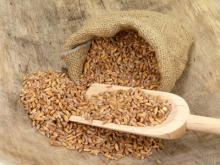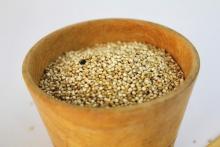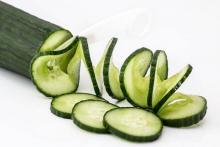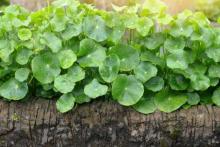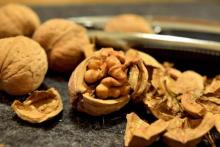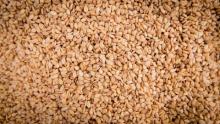Herbs 101: Peppermint Essential Oil & Its Applications
Powerfully minty-fresh with a cool distinctive fragrance, peppermint oil is quickly becoming one of the most versatile essential oils in the world. The rapidly growing perennial plant native to Europe and Asia supports a wide range of health benefits due to the nutrient-rich compounds present in peppermint leaves.



